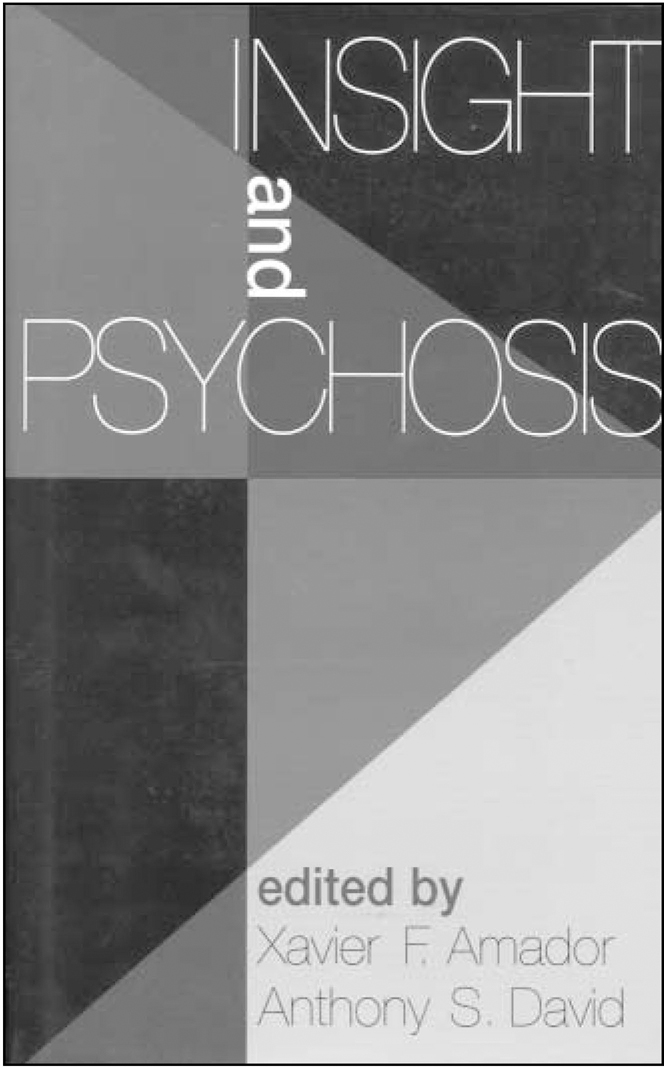Insight is a familiar clinical concept that we tend to take for granted and employ without giving much thought to its precise definition and significance. The past decade has seen an upsurge of interest in the subject, which has inspired much novel research and theory. The editors of this book, themselves authorities in the field, have assembled an impressive group of international multi-disciplinary contributors who examine insight from biological, psychological and social perspectives. The 17 chapters are arranged in five sections entitled ‘Phenomenology of insight’, ‘Neuropsychology of insight’, ‘Culture and insight’, ‘Insight and behaviour’ and ‘Clinical implications of poor insight’. Most of the discussion focuses on insight in relation to schizophrenia.

As so often in psychiatry, the first hurdle to overcome is finding an agreed definition. Impaired insight is usually measured in terms of departure from reality, but this begs the question of whose reality. David's pragmatic three-pronged definition, which will attract clinicians, is criticised from the sociological standpoint on the grounds that the clinician's judgement is being used as the gold standard when it too is shaped by cultural concepts and values. Linguistic analysis of the meaning of insight also finds the medical model of psychosis wanting.
Purely psychological explanations for impaired insight, for example, defensive denial, are giving way to explanations based on neuropsychological deficits. Parallels are drawn between the loss of insight in schizophrenia and neurological syndromes such as the various forms of anosognosia, and mesio-temporal-limbic structures have been implicated.
An interesting contribution from Japan describes how a rigid adherence to Jaspers's views on loss of insight in schizophrenia led to a national policy of involuntary incarceration of almost all patients with schizophrenia, which has been reversed only in the past 15 years. Other consequences of lack of insight are reviewed, including non-con-compliance with medication and violent behaviour. Clinical studies reveal that insight is related to outcome and voluntary v. involuntary commitment, is correlated with IQ and can be improved by psychosocial treatments. In a thoughtful epilogue, Strauss proposes that insight should be conceived as a process rather than a static label.
This is a comprehensive review of an important yet little studied feature of clinical practice. While absorbing much new knowledge, the reader is conducted along some fascinating and relatively untrodden byways of psychiatry, neurology, psychology, philosophy and sociology. The editors deserve our appreciation for assembling such an intellectual tour de force, which should appeal to all who are interested in the enigma that is schizophrenia.



eLetters
No eLetters have been published for this article.